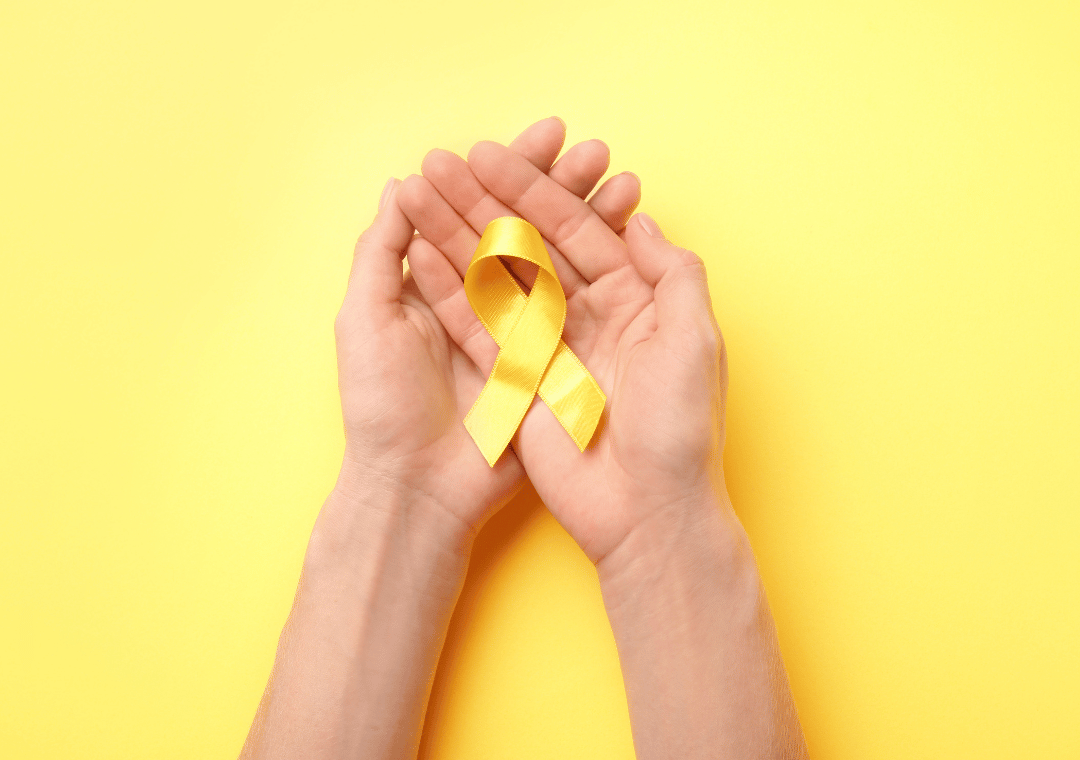Every day, we hear from women who are suffering from endometriosis. Since it affects 1 in 10 women in their reproductive years, we figured we should spread some knowledge about what it is (1). Additionally, we want to share how it affects different parts are your life and what steps you can take with your doctor to discuss your endometriosis.
What is Endometriosis?
The tissue within your uterus is called endometrium. When someone has endometriosis, this tissue grows and expands to outside the uterus. It generally affects areas in the pelvic region such as the ovaries and fallopian tubes, but can spread even farther to other organs.
How Endometriosis Affects Your Menstrual Cycle
Those who suffer from endometriosis still have a regular cycle. Like usual, the uterine tissue thickens and then sheds when your period comes. However, the extra tissue on other areas like the ovaries and fallopian tubes thickens as well. When your period comes, this tissue has nowhere to go. This causes cysts, scar tissue, and inflammation. This often leads to painful periods with cramping much more severe than those without endometriosis. Additionally, it can cause heavier bleeding or spotting in between periods.
How Endometriosis Affects Your Fertility
Anywhere from 30% to 50% of the women who have endometriosis suffer from infertility (1). This is because the extra tissue in the ovaries and fallopian tubes causes inflammation and scarring. For an egg to be fertilized it must travel through the fallopian tube to meet the sperm. However, the inflammation and scarring may obstruct the egg or sperms path and prevent fertilization. Additionally, it has been shown that endometriosis can cause trouble carrying a baby and lead to higher chances of miscarriage (2). That being said, women can still get pregnant if they suffer from endometriosis.
What You Can Do About Your Endometriosis
If you think you have endometriosis, visit your doctor. They will perform a pelvic exam or ultrasound. If more extensive measures are needed, they may refer you to laparoscopic surgery, for this is the only way to truly tell if you have the disease.
Unfortunately, there are not many natural ways to treat your endometriosis. Women can be prescribed pain medicines to relieve some symptoms or birth control to balance hormones. Beyond this, surgery and hormone therapies are suggested. The best thing you can do is visit your doctor to discover your options and next steps.
Sources
- https://www.acog.org/about_acog/news_room/~/media/newsroom/millionwomanmarchendometriosisfactsheet.pdf
- http://www.resolve.org/about-infertility/medical-conditions/endometriosis.html?referrer=https://www.google.com/

